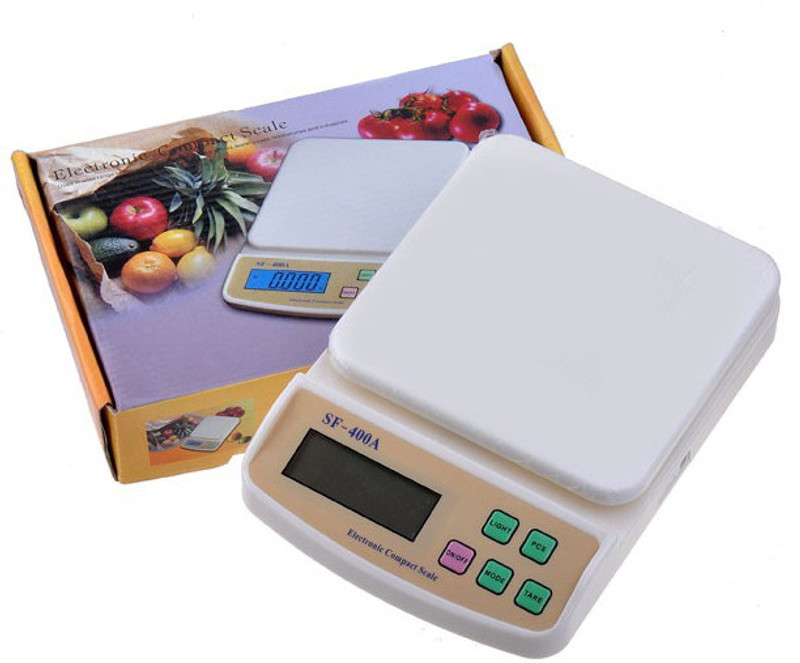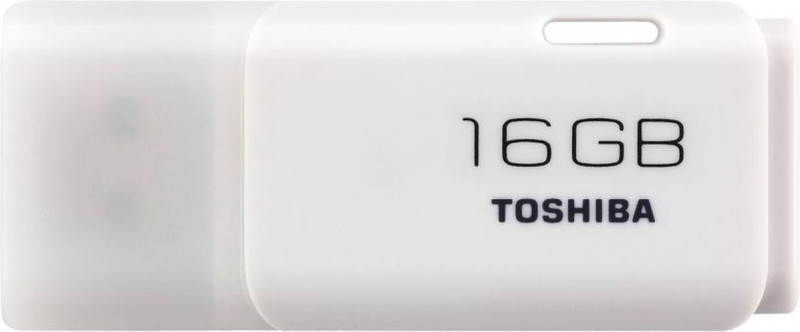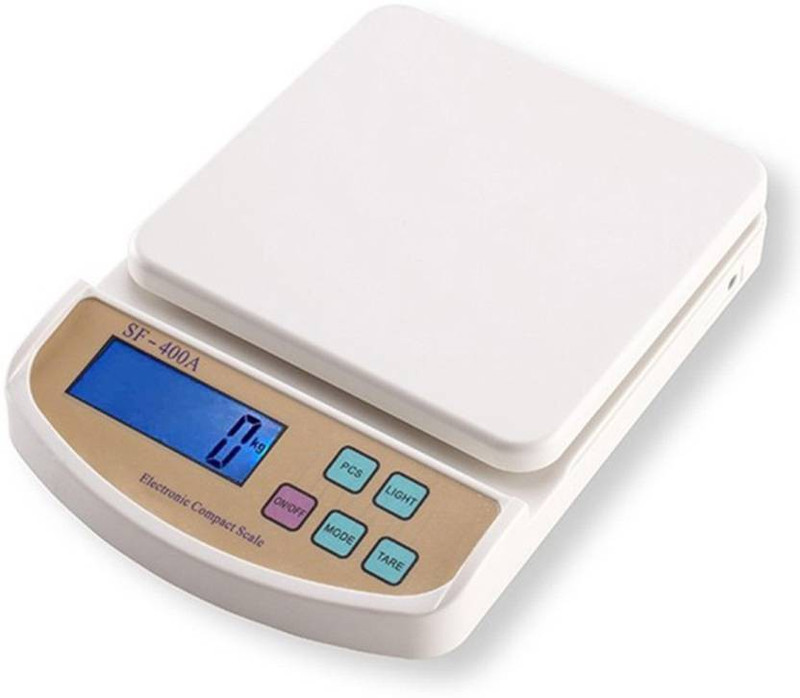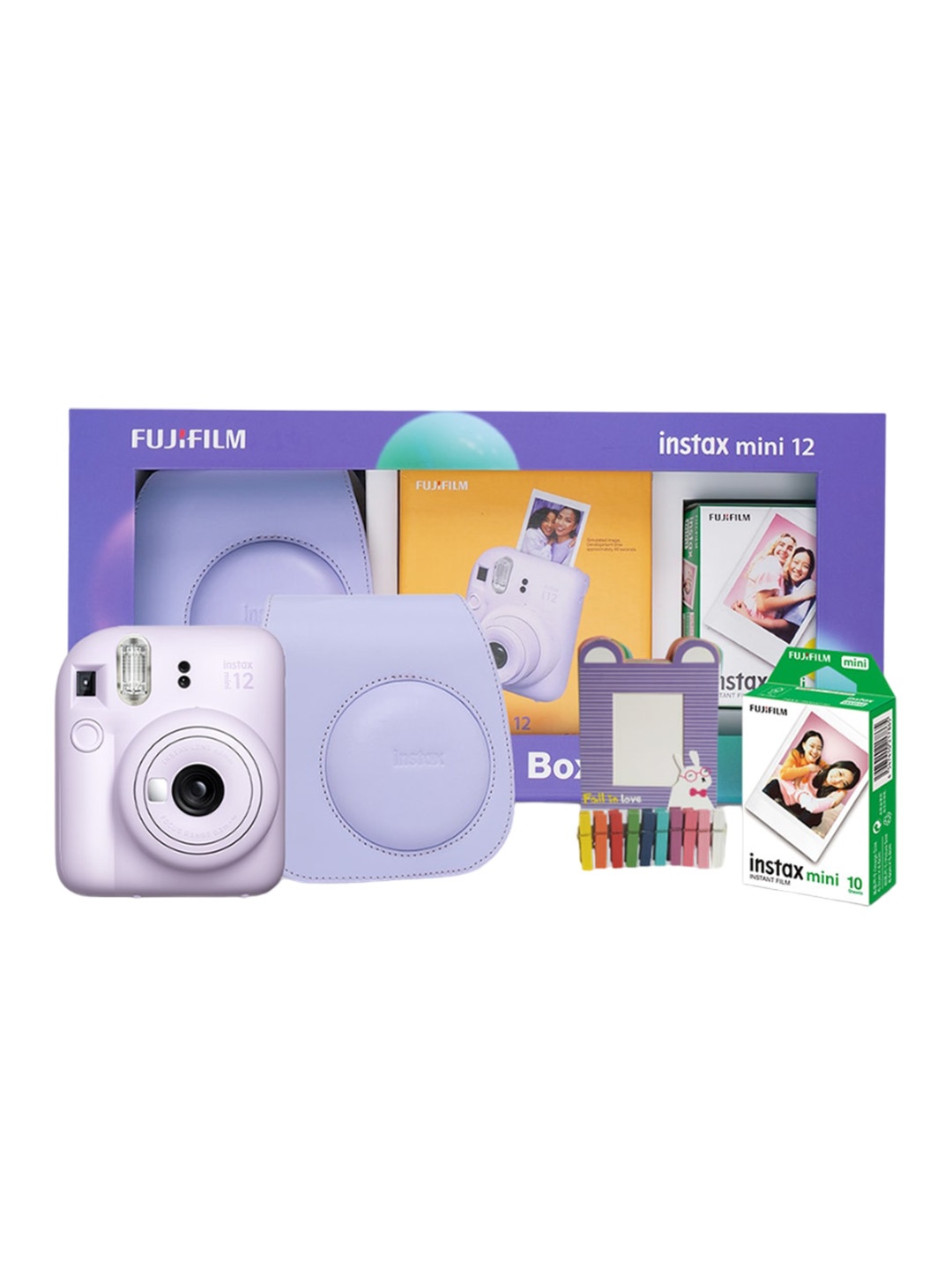Identify The Role And Challenges Of Mobile Phones During Remote Work And Explore It's Productivity

The traditional office space is evolving, and mobile phones are at the forefront of this change. With the ability to access work emails, collaborate with colleagues, and manage projects on-the-go, mobile phones have become an essential tool for remote workers. By providing unparalleled flexibility and accessibility, mobile phones have opened up new possibilities for professionals to work from anywhere, at any time. As remote work continues to gain momentum, it's clear that mobile phones will play a critical role in shaping the future of work. As you explore the role of mobile phones in remote work and productivity, Here, to examine the benefits, challenges, and best practices that can help professionals thrive in a mobile-enabled work environment.
Also Read: Discover Top-Rated Smartphones Under ₹35,000 On Flipkart
1. Unshackling The Office
In the modern era, the traditional 9-to-5 office routine is slowly becoming a thing of the past. With the advent of mobile phones and other digital technologies, remote work has become a norm for many professionals. Mobile phones have played a significant role in this shift, enabling employees to stay connected, productive, and efficient from anywhere, at any time.
2. Enhanced Connectivity
Mobile phones have made it possible for remote workers to stay connected with their teams, clients, and stakeholders. With video conferencing apps, professionals can participate in virtual meetings, collaborate on projects, and receive feedback in real-time. Mobile phones have bridged the gap between remote workers and their colleagues, enabling seamless communication and collaboration.
3. Increased Flexibility
Mobile phones offer remote workers the flexibility to work from anywhere, at any time. Whether it's a coffee shop, co-working space, or home office, mobile phones enable professionals to stay productive and responsive to work-related queries. This flexibility is particularly beneficial for employees with caregiving responsibilities, those living in areas with poor commute options, or those who prefer to work in a setting that suits their individual needs.
4. Access To Productivity Apps
Mobile phones provide access to a wide range of productivity apps that can help remote workers manage their tasks, prioritise their work, and stay organised. There are various apps that enable professionals to create and manage projects, set deadlines, and track progress. Other apps allow remote workers to take notes, capture ideas, and store information securely.
5. Time Management And Tracking
Mobile phones can help remote workers manage their time more effectively. With apps professionals can track their time spent on tasks, projects, and clients. This enables them to identify areas where they can improve their productivity, optimise their workflow, and make data-driven decisions.
6. Secure Remote Access
Mobile phones can provide remote workers with secure access to company resources, such as cloud storage, email, and internal systems. With mobile device management (MDM) solutions, organisations can ensure that remote workers' mobile phones are secure, up-to-date, and compliant with company policies.
7. Collaboration And Teamwork
Mobile phones enable remote workers to collaborate with their teams more effectively. With apps like Slack, Microsoft Teams, and Google Workspace, professionals can share files, participate in group discussions, and work together on projects. Mobile phones have made it possible for remote teams to work together seamlessly, regardless of their geographical location.
8. Overcoming Challenges
While mobile phones have many benefits for remote work, there are also challenges to consider. Distractions, notifications, and blurred boundaries between work and personal life can negatively impact productivity. To overcome these challenges, remote workers can establish clear boundaries, use focus-enhancing apps, and prioritise self-care.
9. Best Practices For Remote Work
To maximise the benefits of mobile phones for remote work, professionals can follow best practices such as setting clear goals and priorities, establishing a dedicated workspace, and minimising distractions. Regular check-ins with team members, managers, and clients can also help remote workers stay connected and aligned with organisational objectives.
10. Empowering Remote Work
Mobile phones have revolutionised remote work and productivity. By providing enhanced connectivity, increased flexibility, and access to productivity apps, mobile phones have enabled professionals to work from anywhere, at any time. While there are challenges to consider, best practices and strategies can help remote workers overcome these obstacles and thrive in a mobile-enabled work environment. As the future of work continues to evolve, mobile phones will play an increasingly important role in empowering remote work and productivity.
The Challenges Faced By Mobile Phones In Remote Work And Productivity
1. Digital Distractions
Mobile phones can be distracting, decreasing productivity and focus due to social media, email, and other apps.
2. Blurred Boundaries
Mobile phones can blur the lines between work and personal life, leading to burnout or the expectation of being constantly available.
3. Security Risks
Mobile phones can pose security risks, particularly if remote workers are accessing sensitive information or using public Wi-Fi networks.
4. Technical Issues
Mobile phones can be prone to technical issues, such as poor connectivity or battery life, which can impact productivity.
5. Communication Breakdowns
Mobile phones can lead to communication breakdowns if remote workers are not using the right tools or channels to stay connected with their teams.
6. Overdependence On Technology
Mobile phones can create an overdependence on technology, leading to difficulties in disconnecting from work-related tasks and maintaining a healthy work-life balance.
These challenges highlight the need for remote workers to establish clear boundaries, use productivity tools, and prioritise self-care to maximise the benefits of mobile phones in remote work.
Overcoming The Challenges of Mobile Phones In Remote Work
To make the most of mobile phones in remote work, here are some practical tips to overcome the challenges:
1. Digital Distractions
- Turn off notifications for non-essential apps
- Use focus-enhancing apps like Freedom or SelfControl
- Set specific times to check emails and social media
2. Blurred Boundaries
- Establish a dedicated workspace at home
- Set clear working hours and stick to them
- Avoid checking work emails or messages outside work hours
3. Security Risks
- Use strong passwords and two-factor authentication
- Avoid using public Wi-Fi for work-related tasks
- Keep your phone's operating system and apps up-to-date
4. Technical Issues
- Regularly back up your phone's data
- Keep your phone charged and have a backup power source
- Troubleshoot common issues or seek technical support when needed
5. Communication Breakdowns
- Use video conferencing tools for regular team meetings
- Establish clear communication channels for work-related queries
- Set clear expectations for response times and availability
6. Overdependence On Technology
- Set boundaries around work-related tasks outside work hours
- Prioritise self-care and take regular breaks
- Establish a healthy work-life balance by disconnecting from technology when needed
By following these tips, remote workers can overcome the challenges of mobile phones and stay productive, efficient, and connected while working remotely.
Suggestions On Mobile Phones
1. MOTOROLA Edge 60 Fusion 5G
2. Nothing Phone (3a) (Black, 128 GB)
3. POCO C71 (Desert Gold, 64 GB)
4. MOTOROLA g05
5. realme C61
6. vivo T4x 5G
7. SAMSUNG Galaxy F06 5G
8. vivo T4x 5G
9. Motorola G85 5G
10. SAMSUNG Galaxy M35 5G
Frequently Asked Questions (FAQs)
1. How can remote workers minimise distractions on their mobile phones?
Remote workers can minimise distractions by using apps that block non-essential notifications, setting boundaries with family and friends, and establishing a dedicated workspace.
2. What security measures should remote workers take when using mobile phones for work?
Remote workers should use strong passwords, enable two-factor authentication, keep their operating system and apps up-to-date, and use a virtual private network (VPN) to protect their data.
3. How do mobile phones support remote work?
Mobile phones enable remote workers to stay connected with colleagues, access work emails, and use productivity apps, making it possible to work from anywhere.
4. Can mobile phones replace laptops for remote work?
While mobile phones can be used for many remote work tasks, laptops may still be necessary for tasks that require more processing power, typing, or multitasking.
5. How can remote workers maintain a healthy work-life balance when using mobile phones for work?
Remote workers can maintain a healthy work-life balance by setting clear boundaries, establishing a routine, and avoiding work-related activities outside of work hours.
As the world continues to shift towards remote work, mobile phones will play an increasingly important role in empowering professionals to stay productive, efficient, and connected. By embracing mobile technology and best practices, remote workers can unlock new levels of flexibility, collaboration, and success and apart from this, here, you can get many options on mobile phones that are available on flipkart to get your hands on.
Disclaimer: The images used in this article are for illustration purpose only. They may not be an exact representation of the products, categories and brands listed in this article.




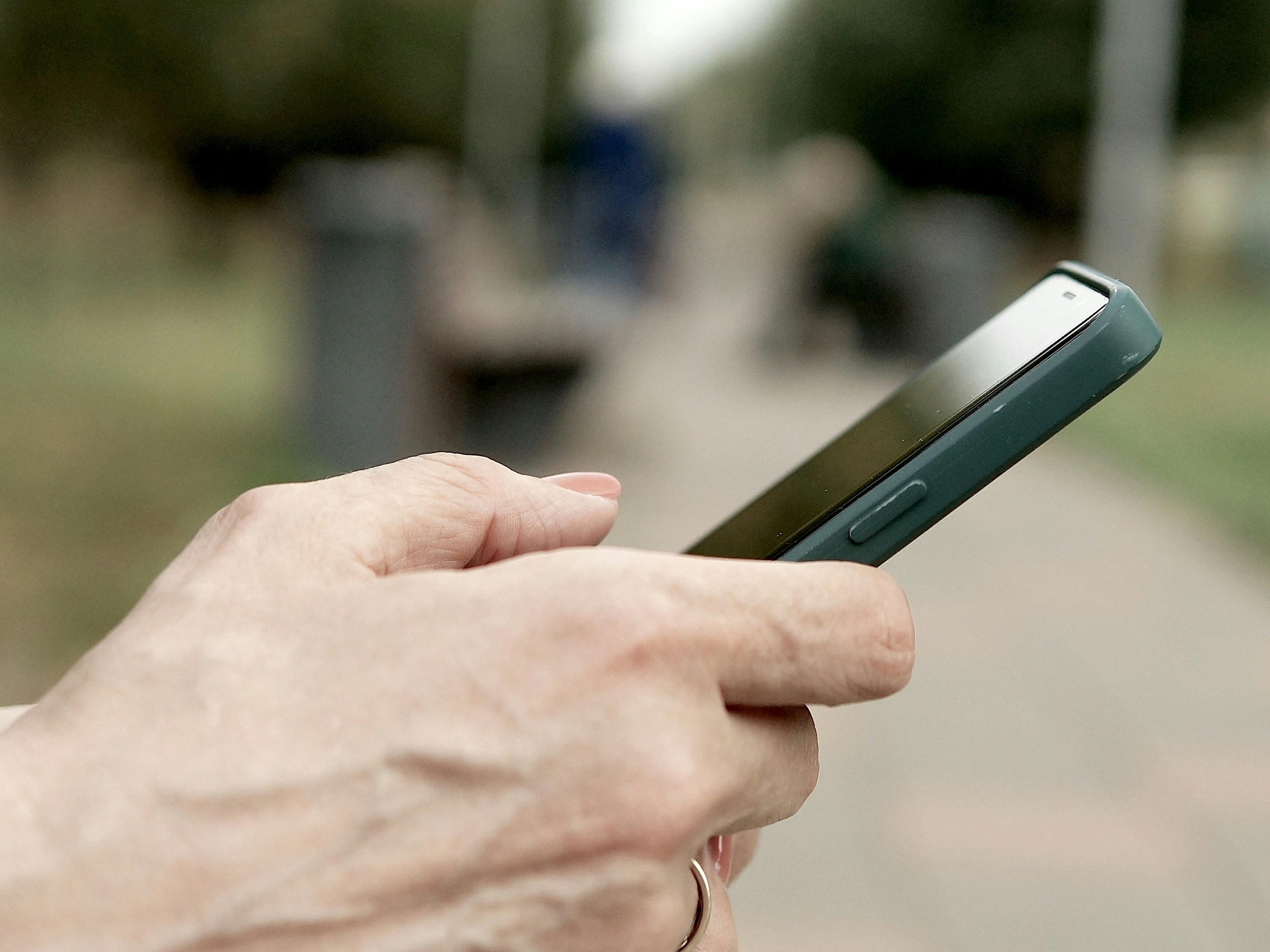




![Powerful Apple Watch 9 [GPS+Cellular] now discounted 28% on Amazon with exchange offers.](https://c.ndtvimg.com/2025-04/e9mvlag_apple-watch-9_625x300_21_April_25.jpg?im=FitAndFill,algorithm=dnn,width=246,height=200)







